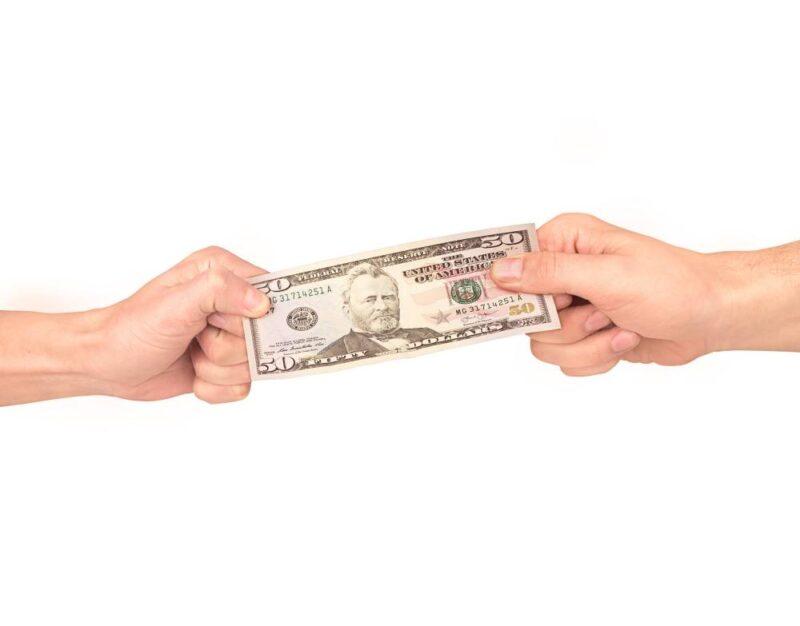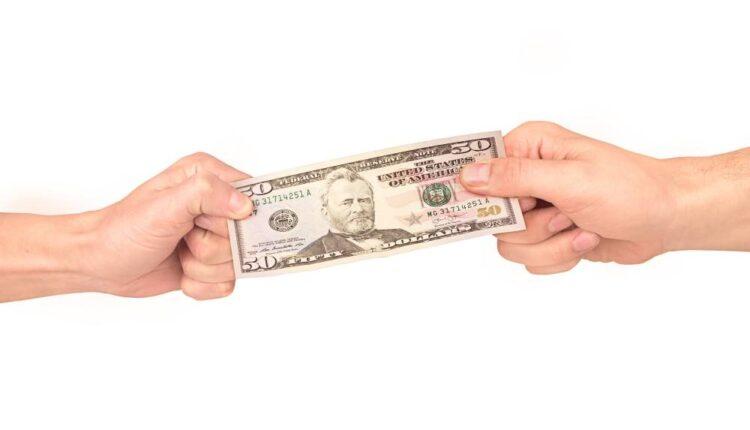
- Millions of Americans are slated to get one-time government stimulus payments this week.
- One gap in recent legislation could mean that people with outstanding debts may never see the money.
- Several state Attorneys General and U.S. Senators are calling for the Treasury Department to reverse that policy.
urfinguss | Getty Images
A fight could be brewing over your coronavirus stimulus check. Your opponent could be your very own bank.
If you have outstanding debts, your stimulus payments could be reduced or taken by creditors or debt collectors, in what 25 state attorneys general called a "legislative oversight" in a letter sent to Treasury Secretary Steve Mnuchin on Monday.
"The CARES Act does not explicitly designate these emergency stimulus payments as exempt from garnishment, as similar government payments (such as Social Security, disability and veterans' benefits) are," the state officials wrote.
Millions of Americans are expecting payments from $1,200 to $2,400, depending on whether they are single or married, plus $500 per child under 17. The Treasury Department has said it expects more than 80 million individuals to receive payments in their bank accounts this week. Paper mail checks will be sent out to individuals and families who do not have their bank account information on record with the government.
Many Americans are counting on that money after seeing their jobs and income diminish or disappear altogether as the coronavirus has all but shut down the U.S. economy.
VIDEO3:4303:43What a 0% interest rate means for your budgetInvest in You: Ready. Set. Grow.
More from Personal Finance:
Waiting on your stimulus check? How to help speed it up
Unemployed and eligible for Social Security? What you need to know
Scammers look to steal your stimulus check
The 25 states requested that the Treasury Department immediately declare the stimulus payments exempt from garnishment.
"During this public health and economic crisis, the States do not believe that the billions of dollars appropriated by Congress to help keep hard-working Americans afloat should be subject to garnishment," the attorneys general wrote.
Lawmakers from both sides of the aisle in Congress have also petitioned for the change. That includes Sens. Sherrod Brown, D-Ohio; Elizabeth Warren, D-Mass.; Ron Wyden, D-Ore.; and Josh Hawley, R-Mo.
In a letter to Mnuchin dated April 9, Sens. Brown and Hawley called for all debts except for outstanding child support to be excluded.
"Treasury has the authority — and must exercise it — to also protect CARES Act direct payments from being seized to satisfy garnishment orders for private debts (except for child support payments)," the senators wrote.
The Treasury Department did not immediately respond to a request for comment. This story was first reported by The American Prospect.
VIDEO2:3402:34The three best ways to spend your coronavirus stimulus checkInvest in You: Ready. Set. Grow.
Source: cnbc.com

